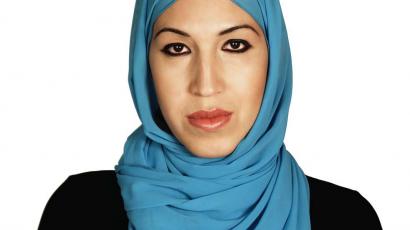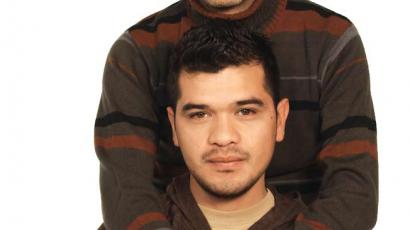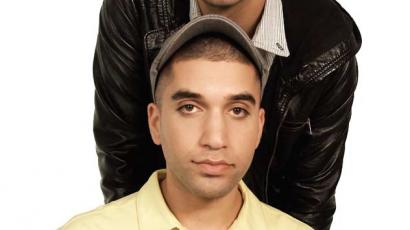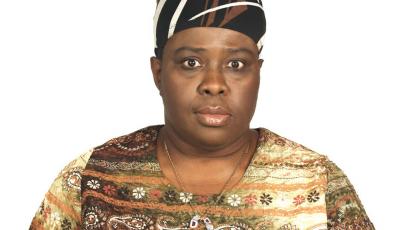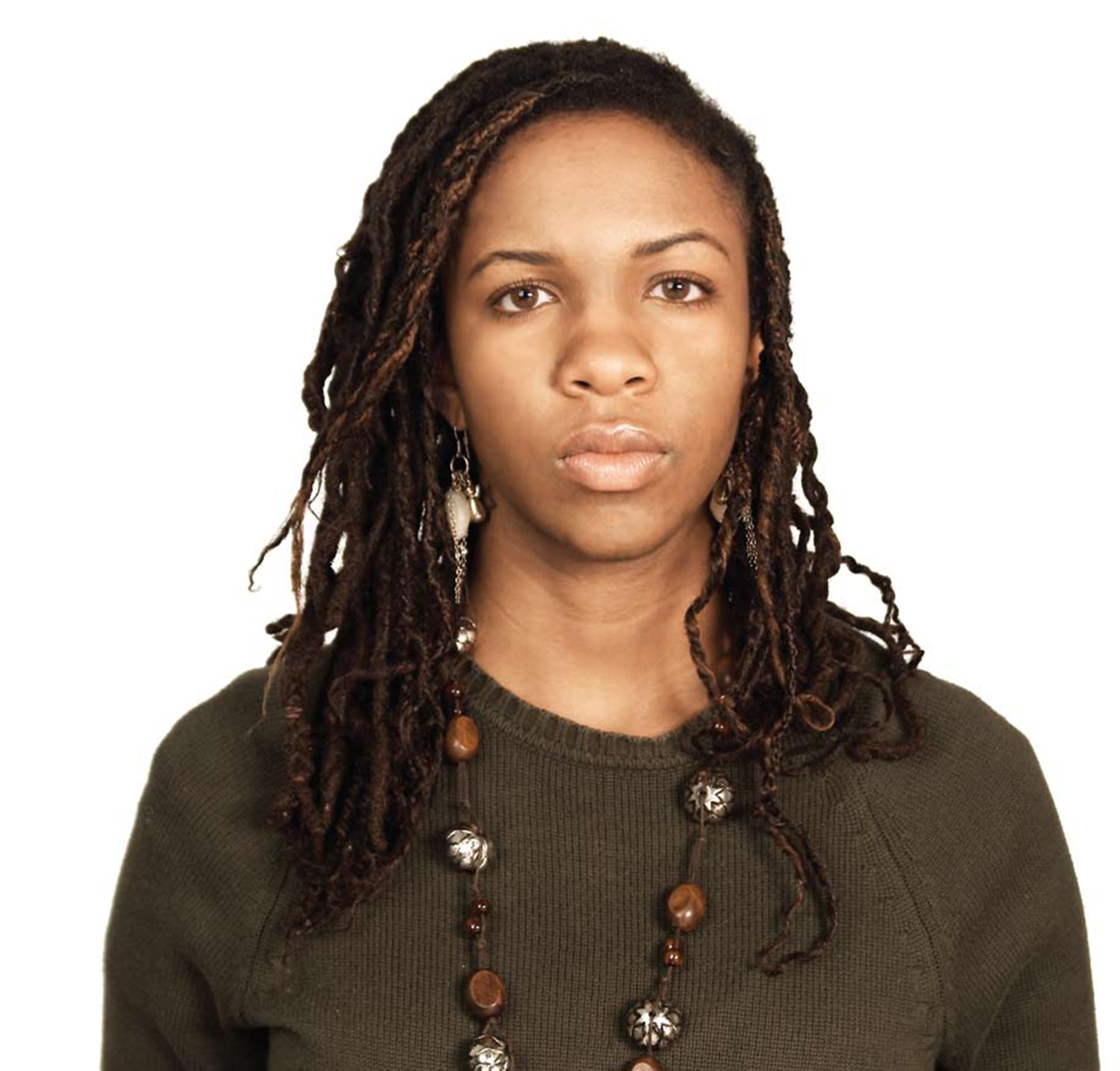
“I count my blessings and I keep it moving,” Paulette says of her experience as a refugee claimant so far. Since coming to Canada from East Africa eight months ago, Paulette has drawn on her inner strengths to keep moving forward while navigating the immigration system and making a home for herself here.
Paulette did her homework before coming to Canada, and tried to be realistic about what to expect. Initially, Paulette felt a tremendous sense of relief to be in a country with rights for LGBTQ people: “The minute I touched ground over here, it was like this thousand ton weight was lifted off my chest, and I felt so much release from all the pressure that I’d been feeling, tossing and turning and dealing with my emotions about being a queer individual.”
Her journey has not been without its particular complexities, though. Amidst the many challenges of the settlement process – feeling isolated, adapting to cold winters and finding community – Paulette recalls how even a basic need like securing housing was very difficult in the beginning. Her first landlord was an elderly man who commonly rented to immigrant women. After living there for a short while, he told her that he expected his tenants to entertain him in the evenings. Paulette found this inappropriate and offensive so she packed her things and left. But she chose not to file a complaint against the landlord because she did not want to draw attention to herself while awaiting the decision on her claim: “As a refugee claimant, and a queer one, you really want to pick and choose your battles wisely…It has a really bad feeling. It sits in your stomach. And you’re like, hmm, maybe next time. But this time I’m just going to let it ride.”
While Paulette was able to find new housing with the help of a LGBTQ support worker, she wonders about other women in the same vulnerable situation who do not have the resources to leave. Being part of a group for LGBTQ newcomers has been incredibly important for Paulette. Not only has it provided useful information and resources along the way, but it has also given her a sense of family, when she is so far away from the family she grew up with.
Paulette shares how feeling connected to other queer immigrants and having a supportive facilitator has helped during an immigration process that is often impersonal: “They make you feel like you’re a human being, and your life is worth something. Whereas going through the process, dealing with the machine, you tend to question your value as a human being, because you’re not viewed as, ‘hey, I’m so-and-so,’ you’re viewed as, ‘hey, oh the refugee clinic.’”
Paulette has also had to confront Western ideas about what a queer person should be like, a demand that feels unreasonable when she has had to conceal her sexuality for most of her life: “A lot of us spent so much time hiding our sexuality where we came from, so to come out and all of a sudden flip the switch…It’s like, ‘oh, we don’t see you acting like this, you’re not the typical…’ I mean, what is the typical queer person?”
Proving persecution based on sexual orientation is not only stressful but has real life consequences. With that in mind, Paulette chooses to be open about her sexuality when she deals with immigration officials and settlement agencies, recognizing that it was this openness that drew her to Canada in the first place. As she puts it, “This burden is now my freedom.”
Reflecting on her life, home has been many different places for Paulette – she was born in one, grew up in another and has learned from all these different cultures. Coming to Canada has been a continuation of this personal journey: “It was about coming into my own and coming out to myself, in the open. I found that refreshing…You just go through it and you think about all the things you’ve been through and you’re like, wow, this is another step forward, wow, this is another step forward.”
